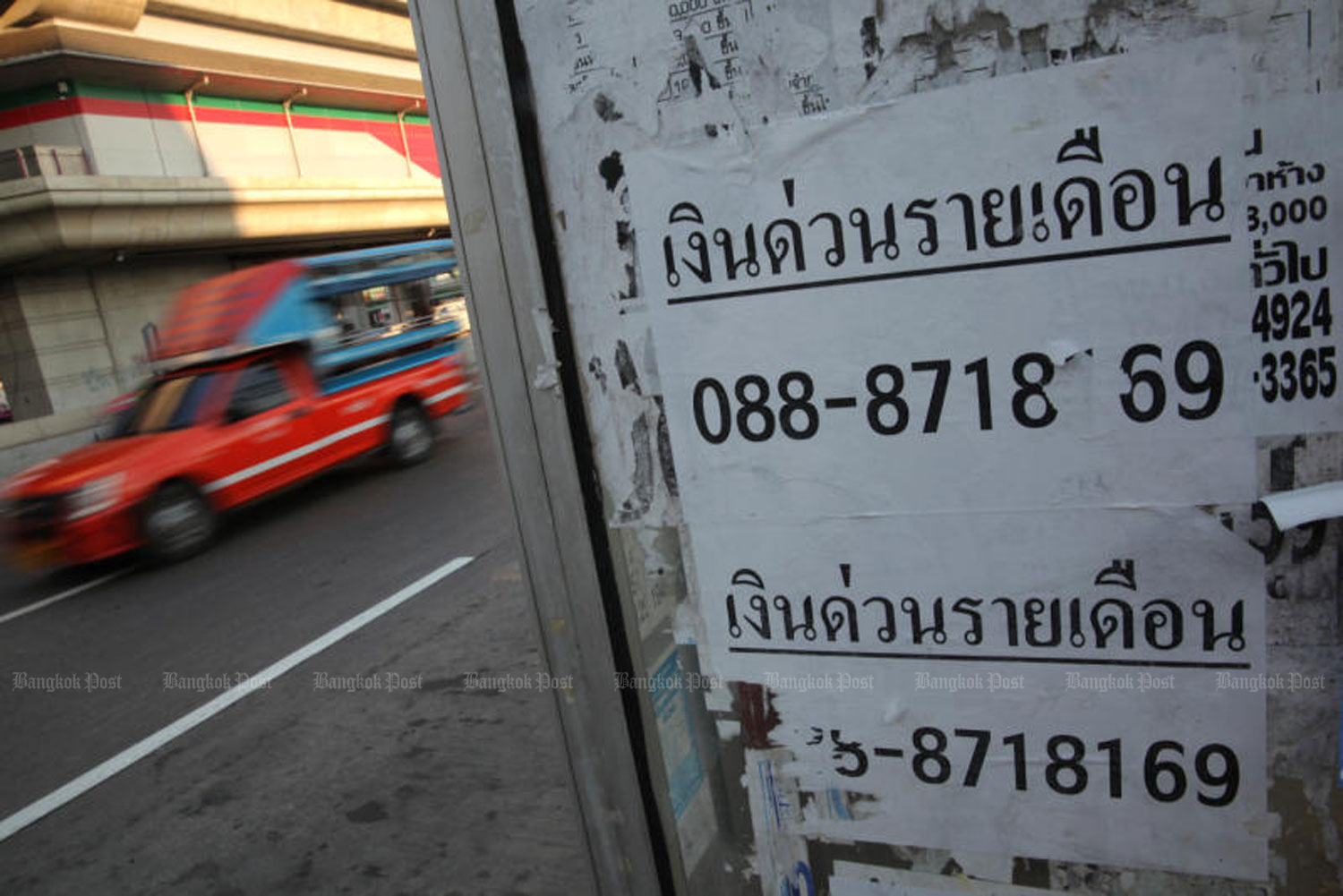
Abacus Digital, the Thai fintech firm backed by SCB X Plc, plans to ramp up lending to individuals and small businesses starved of capital as traditional lenders turn more wary of rising bad loans.
The company, which began as a unit of SCB X before raising funds from venture capital firms, sees a growing opportunity to lend to small and medium businesses with its loan size as low as 800 baht, chief executive officer Sutapa Amornvivat said.
Abacus, which serves about 1.5 million customers annually, plans to add insurance products to its offerings and is exploring expanding into neighbouring countries, she said.
A third of Abacus Digital’s borrowers are people or businesses that have been denied bank loans in the past six months, Ms Sutapa said. A company analysis showed that loans disbursed through its MoneyThunder application have helped 50% of the borrowers to improve their incomes in about 12 months, she said.
Abacus, which relies mostly on technology for its processing and approvals, has lent about 24 billion baht so far and has been profitable since 2023, said Ms Sutapa, a former International Monetary Fund economist and a director of macroeconomic analysis at the Ministry of Finance.
Abacus chose to focus on so-called nano loans as a vast segment of small businesses in Thailand were deemed as unbankable by the commercial lenders due to high default risks and lack of credit scores, Ms Sutapa said.
As about 42% of Thai households borrow from informal sources, including loan sharks, to varying degrees and total household debt is close to 90% of gross domestic product, there was a huge opportunity for Abacus to grow, she said.
In Thailand, the value of loans extended by nano-financiers jumped 43% last year, compared with a 0.4% contraction in conventional loans by commercial banks, according to data from the Bank of Thailand.
“In Thailand we want to really double down on this lending strategy and also offer other different products to these marginalised groups,” Ms Sutapa said in an interview last week.
“We feel that lending is a starting point for most financial needs. But then once they accumulate wealth, then there’s scope for protection products.”
Thailand’s efforts to tackle the highest level of household debt in Southeast Asia have made little progress, even after the central bank and the government unveiled a raft of measures over the past two years, as a sluggish economic recovery hampers borrowers’ ability to repay.
The relentless focus on reducing household debt poses the risk of pushing more people into informal debt with high interest, Ms Sutapa said. Borrowing from the informal sector is “still pretty surprisingly big for a highly well penetrated financial system in Thailand”.


